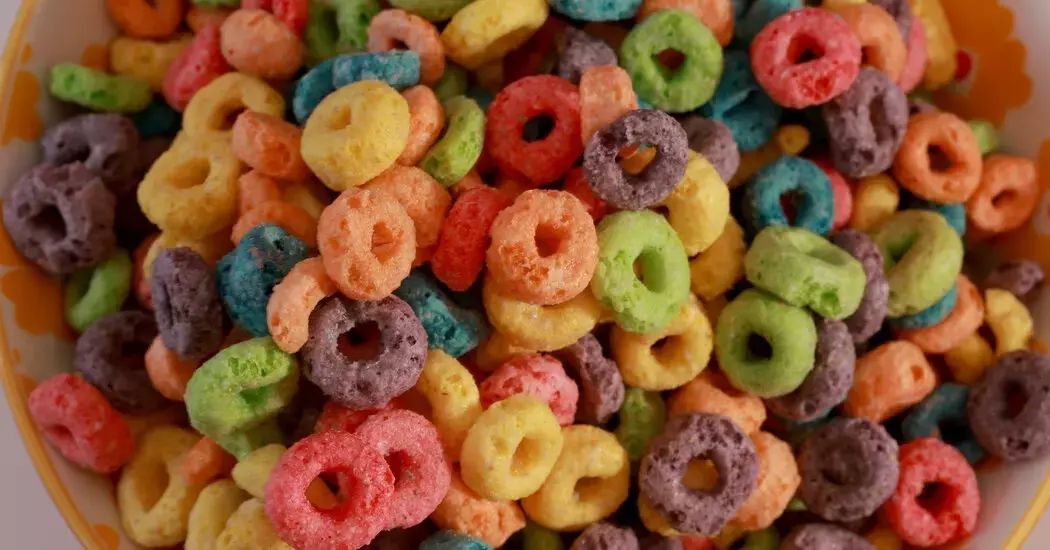
A groundbreaking initiative has emerged as West Virginia becomes the first state to impose a comprehensive ban on artificial food dyes and specific preservatives. This landmark legislation, championed by Governor Patrick Morrisey, will come into effect in 2028. The move reflects growing concerns over potential health risks associated with these additives and sets a precedent for other states considering similar measures. While several states are exploring restrictions on food chemicals, West Virginia’s approach stands out for its sweeping scope.
Beyond legislative actions, this movement is gaining momentum through bipartisan support and grassroots advocacy. Adam Burkhammer, the Republican state representative who spearheaded the bill, expressed optimism about its potential impact on children's health within the state. He emphasized that the measure could inspire other regions to adopt comparable regulations. Meanwhile, California has implemented narrower initiatives, such as banning select additives statewide and prohibiting artificial dyes in school meals. These steps suggest a broader trend toward scrutinizing food safety at the state level.
Experts point to increasing awareness and urgency regarding food additives as catalysts for change. Jennifer Pomeranz from New York University highlights how California’s earlier actions may have encouraged other states to act swiftly without waiting for federal intervention. Furthermore, Health Secretary Robert F. Kennedy Jr., known for his vocal stance against artificial dyes, has intensified discussions around eliminating these substances from national products. His efforts include engaging major food corporations and rallying public support for progressive laws like those in West Virginia. This collective push underscores a commitment to healthier dietary choices and improved public well-being across the country.
